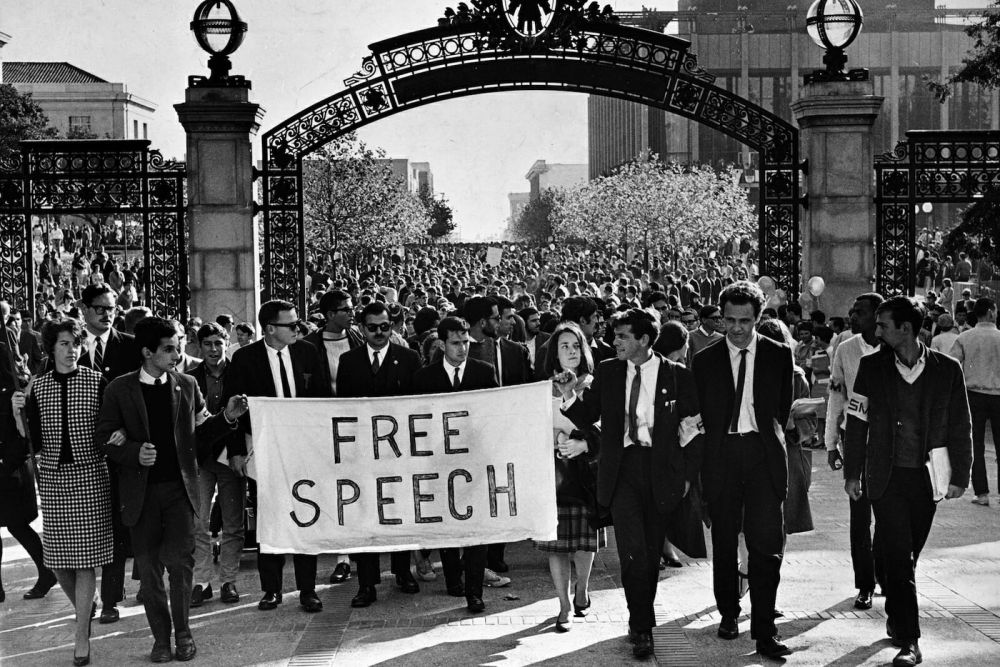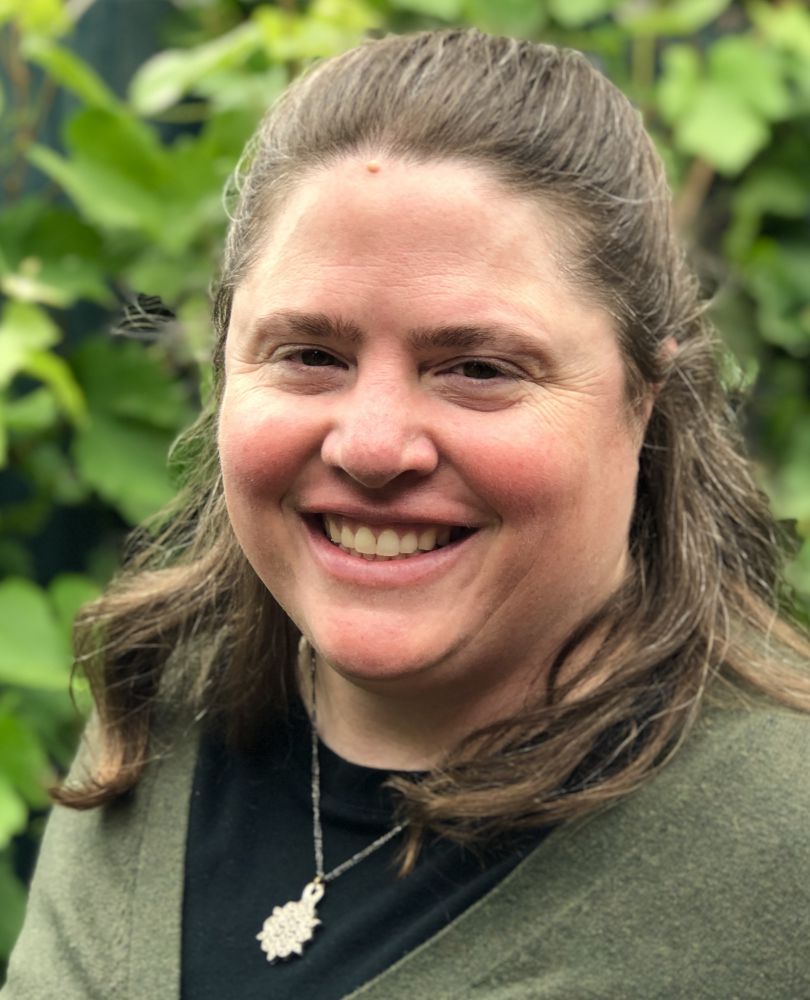
Lighting the Way

Freedom of expression is a cherished ideal on University of California campuses. Defending and advancing it takes dedication and perseverance. A UC Santa Barbara graduate student has been tapped to help lead those efforts.
Melissa Barthelemy, a Ph.D. candidate in public history, was named one of 11 2019-2020 UC Free Speech Fellows by the UC National Center for Free Speech and Civic Engagement. She joins a diverse group of scholars and professionals from across the nation. The fellows receive a stipend to engage in their specific work on freedom of expression.
Barthelemy’s research project, “Let There Be Light: Freedom of Expression on Campus,” she said, “provides an in-depth look at the ways student activists and administrators have responded to intolerant and offensive speech, and countered divisive national rhetoric. It provides suggestions for how to tackle thorny issues, and work towards furthering the aspiration of equal educational opportunities while abiding by First Amendment law.”
The project, what she calls “a student affairs toolkit,” was born of her personal experiences as a student activist who has worked with UCSB’s Division of Student Affairs in addressing free speech community controversies.
“I think it is important to build community through fostering empathy and furthering understanding,” Barthelemy said. “That can best be achieved by providing opportunities for administrators, faculty, staff and students to discuss issues pertaining to free speech, civic engagement, and the ways we can work together to create an environment that all students can thrive in. This requires candid conversations about the power relations between various groups and individuals based on their positionality, and the roles that each person inhabits within the hierarchical university structure.”
Barthelemy, who said she was proud of the work Student Affairs and others on campus have done to respond to free speech community controversies, said creating the toolkit gave her an opportunity to reflect on that work and share lessons learned with other universities. Although UCSB provides the primary case study for her research, she said she placed the campus against a national backdrop and brought in literature from a number of disciplines.
“For years,” she said, “both in the literature and at student affairs conferences, practitioners have said that there need to be more resources that help administrators balance the demands of free speech and diversity, equity and inclusion — and this toolkit is one effort to provide resources that address that need.
“It is often said,” Barthelemy continued, “that university campus environments are a microcosm of our larger society, and as such, what plays out on the national stage is often reflected in the classrooms, the dorms, the dining halls, the libraries and on the campus plazas.”
The UC National Center for Free Speech and Civic Engagement was established in 2017 to address 1st Amendment issues on campuses across the nation. It is housed at the UC Washington Center and UC Irvine.



